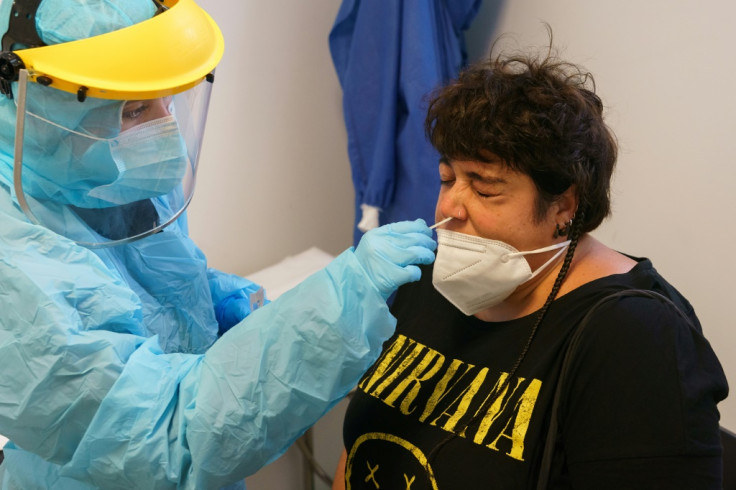Coronavirus: Yale's new testing method gets emergency use authorisation from FDA
Surprisingly, Yale School of Public Health intends to share to keep it open-source so that other laboratories can also perform the tests.
Although there have been innovative developments in how healthcare systems test for SARS-CoV-2 infection, the technology still needs to be fine-tuned. This means that medical facilities and testing centres still rely on antibody and polymerase chain reaction (PCR) screening. Unfortunately, the global demand for these kits has surged due to another wave of outbreaks as feared by top experts. However, a different type of test might soon become available as the U.S. Food and Drug Administration (FDA) issues an emergency use authorisation for a new method that uses saliva instead.
This new testing procedure called "SalivaDirect," was developed by Yale School of Public Health researchers. Unlike the aforementioned platforms, it does not require special equipment, which could contribute to the overall cost. Moreover, it is purportedly compatible with existing reagents which can be sourced from multiple vendors.
"The SalivaDirect test for rapid detection of SARS-CoV-2 [the novel coronavirus] is yet another testing innovation game changer that will reduce the demand for scarce testing resources," stated Admiral Brett Giroir, the assigned head of the United States COVID-19 testing efforts.
"We simplified the test so that it only costs a couple of dollars for reagents, and we expect that labs will only charge about $10 per sample," said Yale assistant professor of epidemiology Nathan Grubaugh. "If cheap alternatives like SalivaDirect can be implemented across the country, we may finally get a handle on this pandemic, even before a vaccine."
As for the accuracy, the team behind SalivaDirect claims it is on par with nasal swabbing procedures. Moreover, results can be confirmed within three hours, which could help speed up data collection. It appears the project was funded by the National Basketball Association (NBA) and currently uses it in the league. Surprisingly, Yale intends to share to keep it open-source so that other laboratories can also perform the tests.

Due to the unavailability of regular testing kits, it would be impossible for public health officials to have accurate data to determine the government's next course of action. In fact, sources reveal that 17 states have shown decreased testing, while 34 states exhibited increased positive rates as detailed by the COVID Tracking Project.
© Copyright IBTimes 2025. All rights reserved.





















